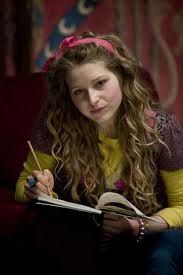- Joined
- Oct 17, 2012
- Messages
- 1,561
- Reaction score
- 119
- Location
- Austin
- Website
- www.soipondered.wordpress.com
My main characters are always black and generally female, unless I am writing about a specific person or a setting which requires otherwise. I do this simply because that is who I am. It isn't that I can't write in other ways, but I have such a wealth of emotions and experiences to draw from.
That said, I almost never emphasize that my characters are black. They don't interact with other people any differently. They love who they choose and are never stereotypical. I don't want my character's identity lost, but I don't want them being judged because I didn't describe them as white.
Should I be worrying about possibly ambiguity in their descriptions?
That said, I almost never emphasize that my characters are black. They don't interact with other people any differently. They love who they choose and are never stereotypical. I don't want my character's identity lost, but I don't want them being judged because I didn't describe them as white.
Should I be worrying about possibly ambiguity in their descriptions?





